Democratic Republic Of Congo
Seven months after the UN Security Council unanimously adopted Resolution 2773, urging the Democratic Republic of the Congo and Rwanda to end hostilities, the UN’s top envoy in Congo says peace remains “mostly a promise.”
Despite diplomatic breakthroughs including peace agreements signed in Washington between the DRC and Rwanda in June, and a July declaration of ceasefire with M23 rebels in Qatar, violence continues to escalate on the ground.
“The key provisions of Resolution 2773 remain largely unimplemented,” said Bintou Keita, UN Special Representative for the DRC and head of MONUSCO. “Despite the Council’s requests, the AFC and M23 have continued to pursue a logic of territorial expansion and consolidation.”
Tensions between DRC and Rwanda remain high, with both countries trading accusations at the UN. Rwanda’s Permanent Representative, Karoli Martin Ngoga, claimed that the DRC is collaborating with the FDLR, a rebel group accused of atrocities. “FDLR is assisted by the DRC government,” he said. “It is there. It is known. It is in UN reports.”
In response, DRC’s UN ambassador, Zenon Ngay Mukongo, accused Rwanda of invasion and alleged ethnic cleansing. “This country invaded the territory of the DRC. They kill every day,” he said. “This morning in Bukavu, hundreds of young men were taken to an undisclosed location, probably with the goal of ethnic cleansing.”
Violence continues to devastate eastern Congo. NGOs have reported summary executions, gang rapes, and kidnappings. A UN investigation in September found that all parties may have committed war crimes and crimes against humanity.




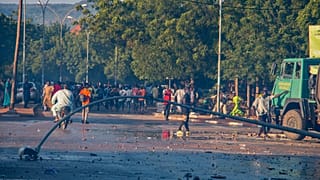
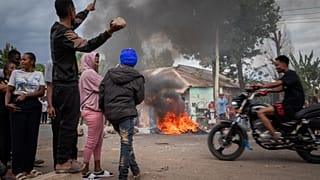
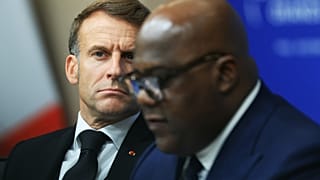
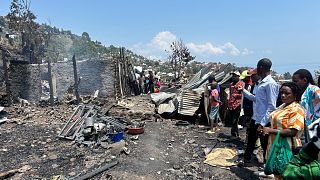

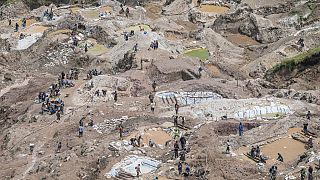
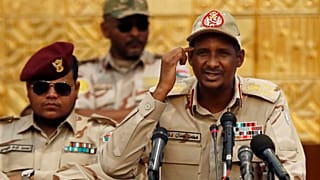
Go to video
Former DR Congo president Kabila seen in Kenya weeks after being sentenced to death
01:00
DRC and M23 agree to create an international body to oversee ceasefire
02:07
UN says the DRC-Rwanda peace deal 'is not being respected'
00:59
Congolese government and M23 to hold 6th round of talks
01:51
DRC President Tshisekedi appeals to Kagame to halt M23 violence
01:08
More than 80% of health facilities in eastern Congo are out of medicine, Red Cross says